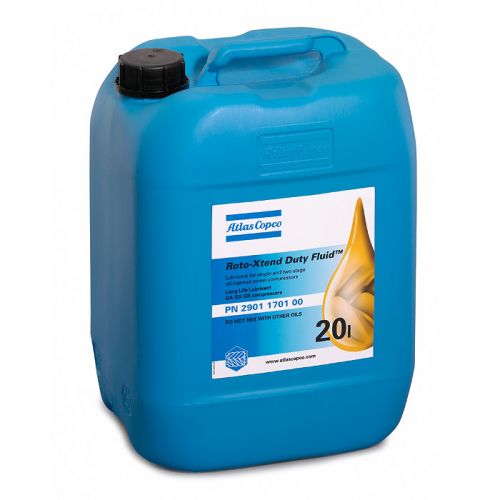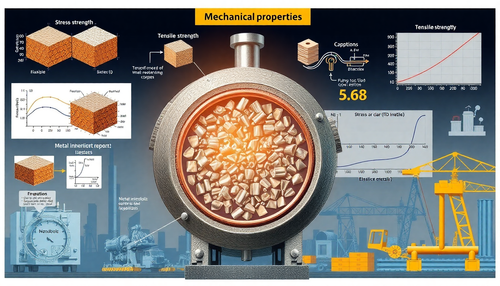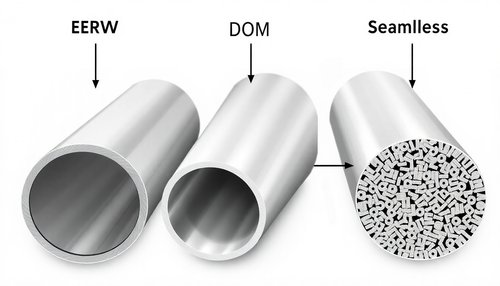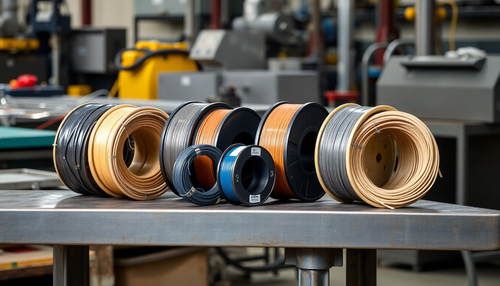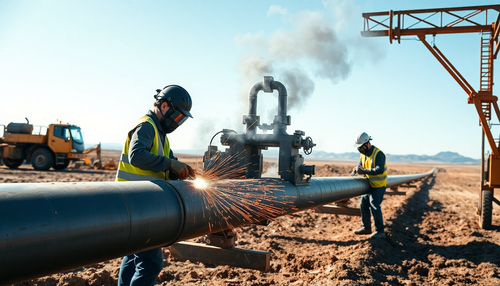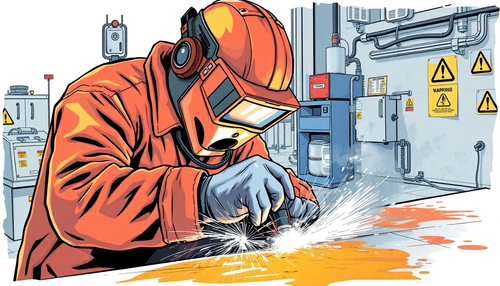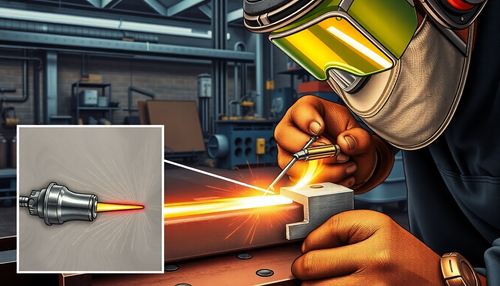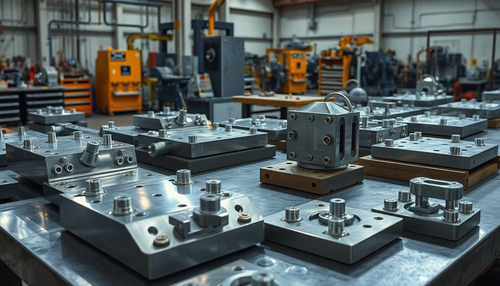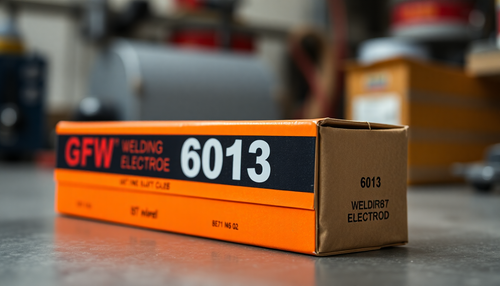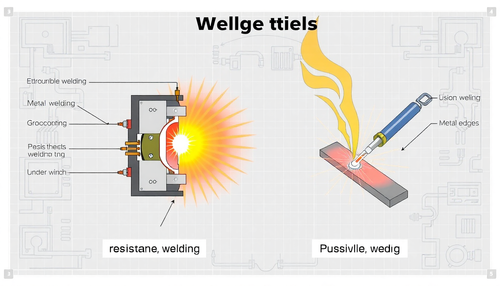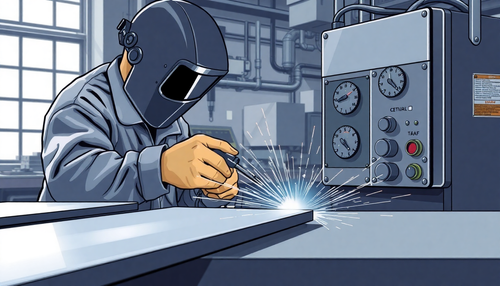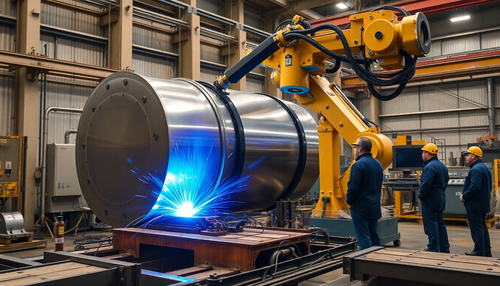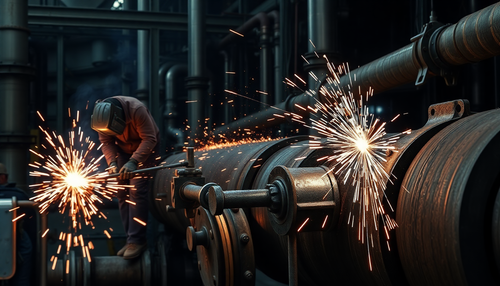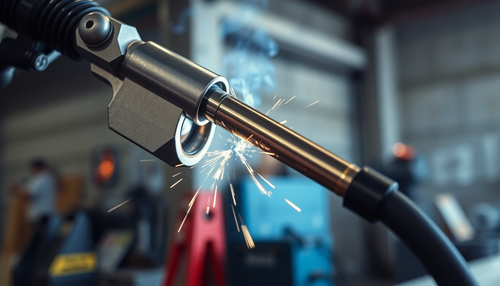In the broadest sense of pneumatics, two basic types of oils can be distinguished.
The first is mainly used for pneumatic tools and systems, while the second is compressor oil (used in various compressors). So which oil for the compressor?
Oils for drives and pneumatic systems
Pneumatic drives generally use compressed air to set machine parts in motion.
Devices with pneumatic drives are used to generate energy for pressure, rotation and movement of mechanisms such as:

- Transport equipment, feeders, elevators, etc.
- in air brakes on railways and other means of transport
- Window and door movement mechanisms.
- Valve and gate drives in various sectors
- Hand tool drives
- Measurement and control elements
Devices with pneumatic drives allow very high tool rotation speeds, up to several tens of thousands of revolutions per minute. With alternative tools, the linear tool speed is up to 400 m/min.
Lubrication of pneumatic devices
Lubrication of pneumatic devices must:
- Reducing friction between mating surfaces
- Reduced wear on friction surfaces
- cooling
- Corrosion protection
Due to the type of application, oils for pneumatic systems require the following properties:
- ideal viscosity
- Protective and anticorrosive properties
- No tendency to water emulsification and foaming
- Non-toxicity
Where there are special environmental protection requirements, biodegradable synthetic oils or oils of vegetable origin are used.
You may be interested in “What is a pneumatic system?”
In pneumatic systems, the air supplied to the devices must contain optimal amounts of lubricant in the form of so-called oil mist.
Oils classified according to: ISO 6743/11 standards, partly also according to DIN 51 502 Class D standards.
Most often it is oil with viscosity class VG 32. Our offer includes ORLEN brand oil with the following specifications:
Viscosity 40°C, 31.2 mm²/s
- Viscosity index: 101
- Pour point: -18°C
- Flash point: 184°C
What are the criteria for choosing the right compressor oil?
Choosing the right compressor oil is crucial for the proper functioning of this device. The compressor oil you choose depends on several factors, such as compressor type, operating conditions, and manufacturer requirements. Here are the criteria you should consider when choosing the right compressor oil:
- Compressor type: The compressor oil you should choose depends on the type of compressor. A different oil is suitable for a piston compressor and a different one for a screw compressor.
- Operating conditions: Suitable compressor oil also depends on operating conditions. If the compressor operates at high temperatures, choose an oil with a higher viscosity.
- Manufacturer Requirements: The compressor oil you choose also depends on the manufacturer's requirements. Read the compressor manual and follow the oil recommendations.
- Quality class: The compressor oil you choose also depends on the quality class. Compressor oils are divided into ISO grades, which determine the quality level of the oil.
- Viscosity: The compressor oil you choose also depends on viscosity. Oil with higher viscosity is suitable for compressors that work at high temperatures.
- Approval for operation under pressure: The choice of compressor oil also depends on approval for operation under pressure.
Remember that when choosing the right oil for the compressor, you must pay attention to the manufacturer's recommendations and oil specifications. Do not use oil of poor quality or inadequate viscosity, as this may damage the compressor or reduce its useful life. Therefore, it is important to read the compressor manual carefully and follow the recommendations on which compressor oil to use.
What oil for the compressor?
The purity, pressure and temperature of the compressed air influence the quality of the oil used. These are the basic criteria that are important when choosing a compressor oil.

The compressor operating temperature has a direct influence on the required oil viscosity.
At this higher temperature, the oil must be sufficiently viscous to adhere well to the surface and lubricate moving parts, while at the same time performing a sealing function.

The high viscosity index is responsible for the ideal viscosity of the oil at high temperatures and guarantees good lubrication of all friction surfaces.
Compressor oils must have good thermal stability to avoid so-called thermal decomposition when working at high temperatures and in contact with air. This is all the more true as this process occurs more easily when the oil is in the form of a thin film, which is the case, for example, with compressor pistons and cylinders.
Compressor oils must have a flash point at least 40-50 degrees C above the maximum temperature in the compression system.
Furthermore, this oil should not contain any volatile ingredients.
As pressure increases, oil is forced between the cylinder walls and piston rings, risking interruption of lubrication continuity.
Therefore, the oil must have sufficiently high viscosity and anti-seize properties.
As the air sucked into the compressor contains solid impurities such as dust, solid deposits may form if the filter system is defective. This is a very regrettable phenomenon.
Another important factor that affects oil quality is humidity. The connection is simple: the higher the temperature of the compressed air, the more moisture it contains.
This can cause condensation and contribute to corrosion of rubbing parts. This can cause deep holes and damage the friction surfaces. A good compressor oil must have the ability to absorb and remove moisture and corrosion products from the system.
Compressor oils are most commonly produced from naphthenic crude oil from precisely refined, very compact oils called vacuum fractions.
Additionally, depending on the class of oil, they may contain various additives:
- Antioxidants
- Corrosion inhibitors
- Cleaning and defoaming agents
Synthetic oils are also used to lubricate compressors, mainly polyalphaolefins (abbreviated POA), as well as polyglycol and fatty acid esters (sterically blocked).

In the case of vacuum pumps, however, the oil must have a low vapor pressure, be perfectly adapted to the properties of the vacuum created and also be characterized by thermal and chemical stability.
These are usually mineral oils obtained from highly refined, short-vacuum fractions, or they can be special synthetic oils characterized by a low vapor pressure.
The ISO 6743 – 3A 1987 standard is currently used to classify compressor oils.
Applies to vacuum pumps, reciprocating compressors and rotary compressors.
In addition to the above-mentioned standard, the international standard ISO/CD 6743-3 1994, which contains the following subgroups, acts as a test standard:
- V – (i.e. vacuum) – oil for vacuum pumps
- G – oil for gas compressors
- A – Air compressor oil
- R – Oil for refrigeration compressors
The German standard DIN 51506 1985 is also widely used in our country
It applies to oils for piston and rotary compressors and includes pure mineral oils (VB, VC), as well as oils containing anti-corrosion and antioxidant additives (VB-L, VC-L, VD-L).
Our basic range includes oils for piston, screw and vane compressors with viscosity classes ISO 46, 68 and 100.
We also have specific Atlas Copco oils for compressors of this brand.

